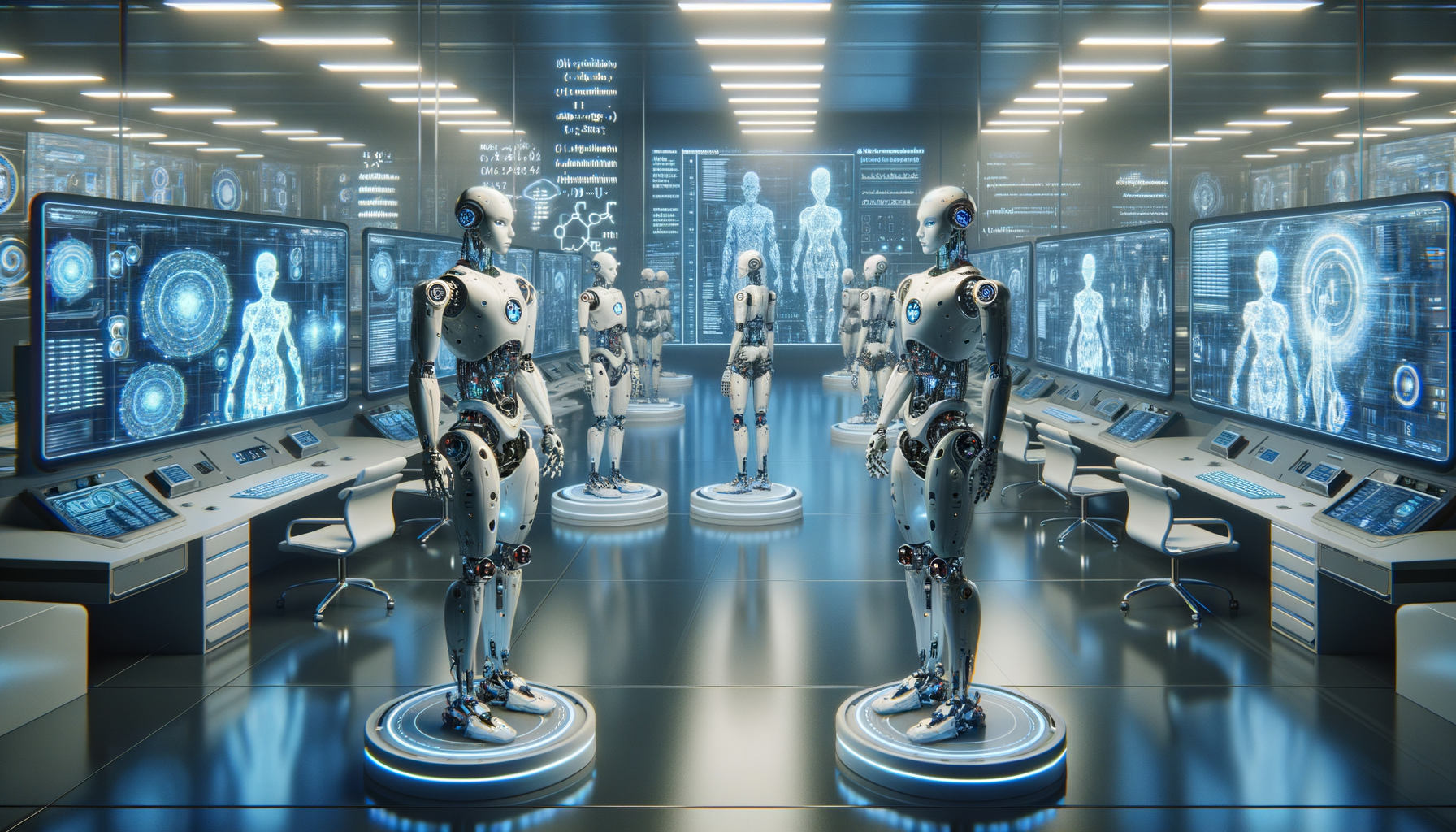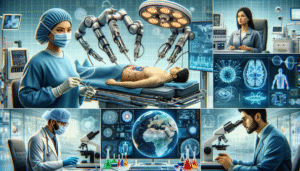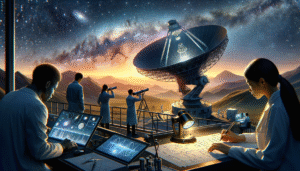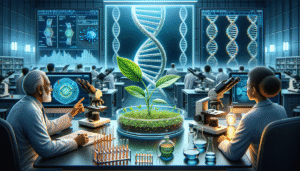
The Transformative Power: Exploring the Future of AI
Artificial intelligence (AI) is no longer a futuristic fantasy; it’s rapidly weaving itself into the fabric of our daily lives. From personalized recommendations on streaming platforms to voice assistants managing our schedules, AI’s influence is undeniable. But what does the future hold for this transformative technology? The trajectory of AI development points towards even more profound changes across various sectors, promising both exciting opportunities and complex challenges.
AI-Powered Automation and the Evolving Job Market:
One of the most discussed aspects of AI’s future is its impact on the job market. Automation driven by AI and machine learning algorithms is poised to reshape industries, streamlining processes and increasing efficiency. Repetitive, manual tasks are prime candidates for automation, potentially leading to displacement in certain sectors. However, this shift also creates opportunities for new roles centered around AI development, maintenance, and oversight. The future workforce will require adaptability and a focus on skills that complement AI, such as critical thinking, creativity, and complex problem-solving. Reskilling and upskilling initiatives will be crucial in navigating this transition and ensuring a smooth integration of humans and AI in the workplace.
The Rise of Personalized Experiences:
AI’s ability to analyze vast amounts of data allows for unprecedented levels of personalization. From tailored product recommendations to customized learning experiences, AI is already shaping how we interact with the world. This trend is expected to accelerate, with AI curating highly personalized content, services, and even healthcare plans based on individual needs and preferences. The future of marketing, entertainment, and education will be deeply intertwined with AI-driven personalization, offering more engaging and relevant experiences for users.
AI in Healthcare: Revolutionizing Diagnosis and Treatment:
The healthcare sector stands to be significantly transformed by AI. Machine learning algorithms can analyze medical images with remarkable accuracy, aiding in early diagnosis of diseases like cancer. AI-powered drug discovery platforms are accelerating the development of new treatments and personalized medicine. Robotic surgery assisted by AI is becoming increasingly sophisticated, offering greater precision and minimally invasive procedures. While ethical considerations surrounding data privacy and algorithmic bias require careful attention, the potential of AI to improve patient outcomes and revolutionize healthcare delivery is immense.
Ethical Considerations and Responsible AI Development:
As AI systems become more sophisticated and integrated into our lives, ethical considerations become paramount. Algorithmic bias, data privacy, and the potential for misuse of AI technologies are critical concerns that need to be addressed proactively. Developing robust ethical frameworks and regulations will be crucial to ensure responsible AI development and deployment. Transparency, accountability, and fairness must be at the forefront of AI innovation, fostering trust and mitigating potential risks.
The Evolution of Artificial General Intelligence (AGI):
While current AI systems excel in specific tasks, the pursuit of Artificial General Intelligence (AGI) remains a long-term goal. AGI refers to AI systems with human-level cognitive abilities, capable of learning and reasoning across a wide range of domains. Achieving AGI presents significant technical challenges, but its potential impact on society is immense. From accelerating scientific discovery to solving complex global challenges, AGI could reshape the future in profound ways. However, the development of AGI also raises fundamental questions about consciousness, sentience, and the very nature of intelligence.
AI and Cybersecurity: A Double-Edged Sword:
AI is playing an increasingly important role in cybersecurity, enhancing threat detection and prevention. Machine learning algorithms can analyze network traffic and identify anomalous patterns, helping to prevent cyberattacks. However, AI can also be weaponized by malicious actors. AI-powered malware and sophisticated phishing attacks pose new challenges for cybersecurity professionals. The future of cybersecurity will likely involve a constant arms race between AI-driven defense mechanisms and increasingly sophisticated AI-powered attacks.
The Impact on Creative Industries:
AI is making inroads into traditionally human-dominated creative fields. AI-powered tools can generate art, music, and even write stories. While some fear that AI will replace human creativity, others see it as a powerful tool for collaboration and exploration. The future of creative industries may involve a symbiotic relationship between human artists and AI, leveraging the strengths of both to push the boundaries of artistic expression.
AI and the Environment: Towards a Sustainable Future:
AI can play a significant role in addressing environmental challenges. From optimizing energy consumption in smart grids to monitoring deforestation and predicting natural disasters, AI-powered solutions offer valuable tools for environmental protection and sustainability. The future of environmental management will likely rely heavily on AI-driven insights and predictive models, helping us to mitigate the impact of climate change and build a more sustainable future.
The Future of Transportation: Autonomous Vehicles and Beyond:
The automotive industry is undergoing a significant transformation driven by AI. Self-driving cars, powered by AI and machine learning, are rapidly advancing and promise to revolutionize transportation. Autonomous vehicles have the potential to improve road safety, reduce traffic congestion, and enhance accessibility. The future of transportation will likely involve a mix of autonomous and human-driven vehicles, requiring careful planning and infrastructure development to ensure a smooth transition.
















